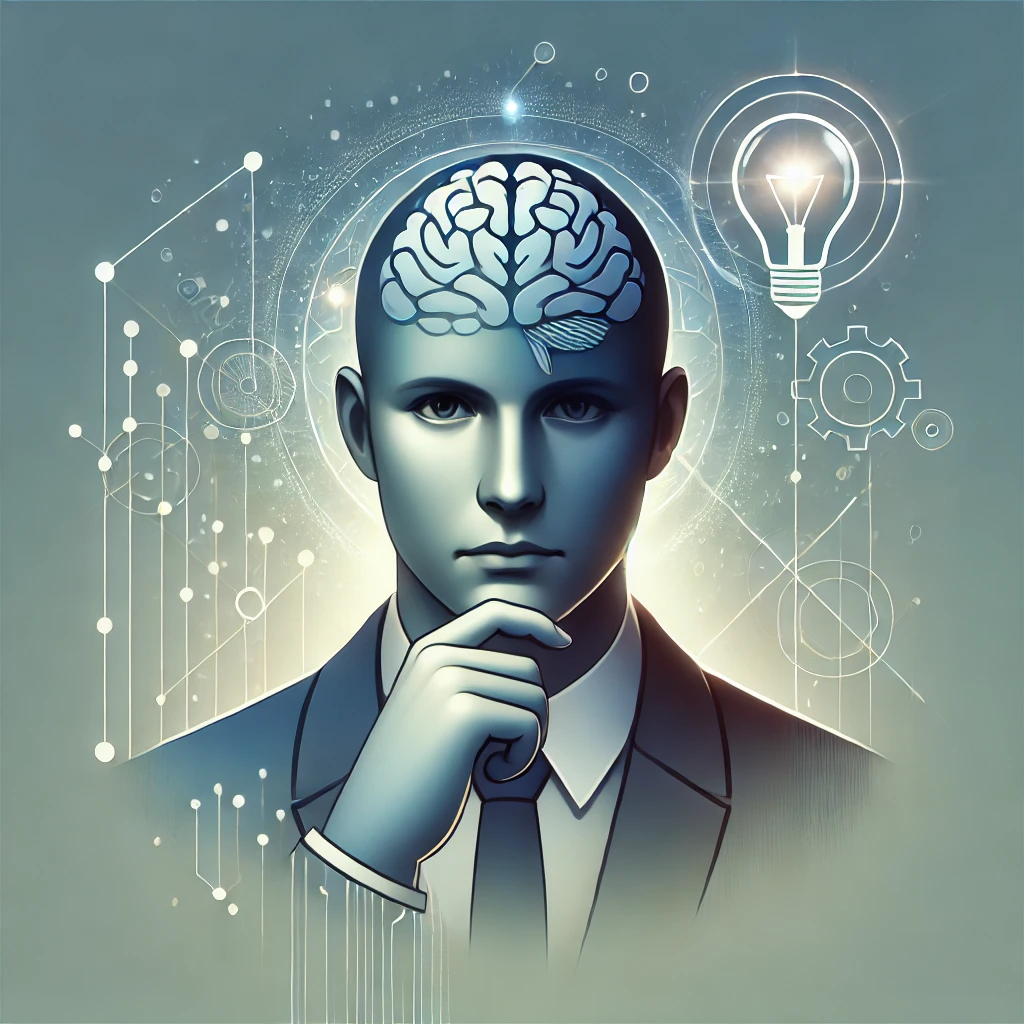My Thoughts
This is an interesting section because I just had a discussion with a friend talking about business and product development.
There are many gurus online telling us how to run our businesses.
Sometimes if we are not careful, we will blindly apply their principles without nuance or context as time and place is important when selecting a method.
One company I worked at always said, “what got us to $10k MRR is not what got us to $100k MRR or the $1m or $10m.”
It seems we should take any form of guidance as just suggestions but maybe we don’t even need it?
We seem to know everything already if we can let the subconscious override the conscious thoughts, since those thoughts are programmed by society.
This is what Tolle is teaching anyways, so what exactly is he saying here about teachers or needing a group of people?
When do we leverage mentors, when do we know to let them go and when do we bring others along to accomplish a goal?
Insights
This note explores the concept of engaging with coaches, consultants, teachers, and other mentors during specific periods of growth, particularly in the realms of business and personal development. Drawing from teachings on presence and self-awareness, the focus is on understanding the power of collective energy and guided learning while recognizing the importance of context and self-reliance.
Key Insights:
-
Guidance as a Flexible Framework:
- While countless business “gurus” offer step-by-step advice, true success often requires adapting these principles to your unique situation. What works at one growth stage (like reaching $10k MRR) may not suit later stages ($100k, $1M, etc.). Each phase demands different strategies.
- Example: In The Lean Startup by Eric Ries, the emphasis is on testing and adapting rather than following rigid processes, aligning with the need for flexibility in applying external guidance.
-
Avoiding Blind Application of Advice:
- Many experts provide well-meaning advice, but it’s crucial to interpret it within your unique context. Blindly following others without understanding the “why” behind their advice can lead to misalignment.
- Example: Range by David Epstein advocates for broad learning and contextual awareness, cautioning against rigid adherence to specialized “guru” advice.
-
The Power of Subconscious Knowledge:
- Tolle’s teachings suggest that beyond external advice, we possess inherent wisdom. Quieting societal programming and conscious overthinking allows this inner knowledge to emerge. This perspective implies that guidance isn’t always necessary; sometimes, trusting our intuition can yield better results.
- This idea aligns with the notion of “knowing without knowing,” where the subconscious offers tailored answers when allowed to surface naturally.
-
Timing in Mentor Relationships:
- Mentorship should be seen as a bridge, not a dependency. While invaluable during certain stages, prolonged reliance can hinder independence. The goal is to internalize what is learned and move forward on one’s own, only seeking guidance when genuinely needed.
- Example: Thinking, Fast and Slow by Daniel Kahneman explores the balance between rational and intuitive thought, advocating for measured guidance alongside self-trust.
-
Collective Energy vs. Independent Action:
- Group work can amplify one’s presence and purpose, but if it becomes a crutch, it might be time to step away. Strength can be drawn from the collective while fostering individual drive.
- Example: Tolle warns against prolonged dependence on groups or teachers. After a transitional period, the goal is to cultivate presence independently.
-
Knowing When to Bring Others Along:
- In leadership, knowing when to engage others is crucial. This involves creating an environment where team members leverage their strengths without fostering dependency.
- Example: Tribal Leadership by Dave Logan, John King, and Halee Fischer-Wright highlights building a culture of interdependence, where collaboration doesn’t equate to dependence.
Book Summary:
-
The Lean Startup by Eric Ries:
- Focuses on flexible strategies for business growth, encouraging iterative testing and adaptation rather than following strict processes.
-
Range by David Epstein:
- Advocates for broad-based learning and context-sensitive approaches, warning against rigid, one-size-fits-all guidance.
-
The Power of Now by Eckhart Tolle:
- Emphasizes inner presence and the idea that true wisdom comes from within. Tolle cautions against dependence on external teachers or groups, advocating for a balance of inner and collective presence.
-
Mastery by George Leonard:
- Stresses learning from masters while aiming for independence. The book encourages internalizing lessons for personal mastery rather than long-term reliance on a mentor.
-
Thinking, Fast and Slow by Daniel Kahneman:
- Explores the balance between intuitive (fast) and rational (slow) thought, promoting a mix of self-trust and selective guidance.
-
Tribal Leadership by Dave Logan, John King, and Halee Fischer-Wright:
- Examines building team cultures that leverage individual strengths in a collaborative yet non-dependent manner.
-
The Inner Game of Work by W. Timothy Gallwey:
- Encourages trusting one’s instincts in professional settings, viewing guidance as a tool for growth rather than dependency.
-
Start with Why by Simon Sinek:
- Focuses on clarity of purpose in leadership, suggesting guidance should complement rather than dictate one's unique path.
-
Essentialism by Greg McKeown:
- Teaches the importance of discerning what’s essential and selectively engaging with guidance that aligns with personal or professional priorities.







